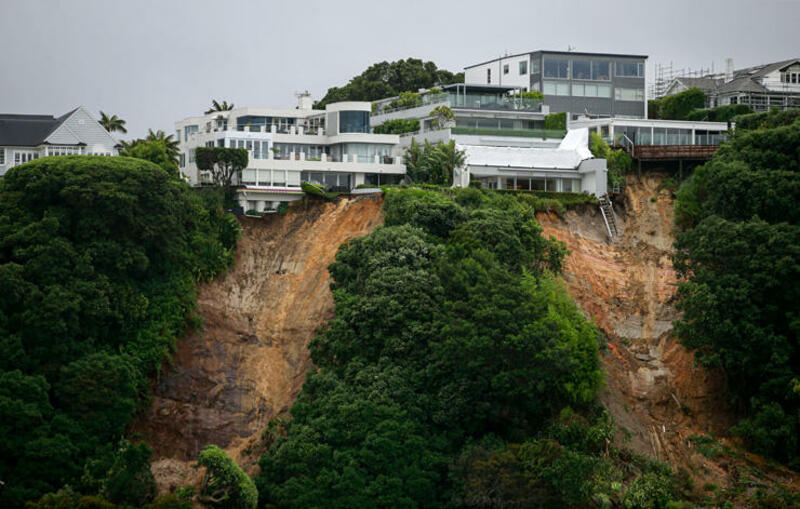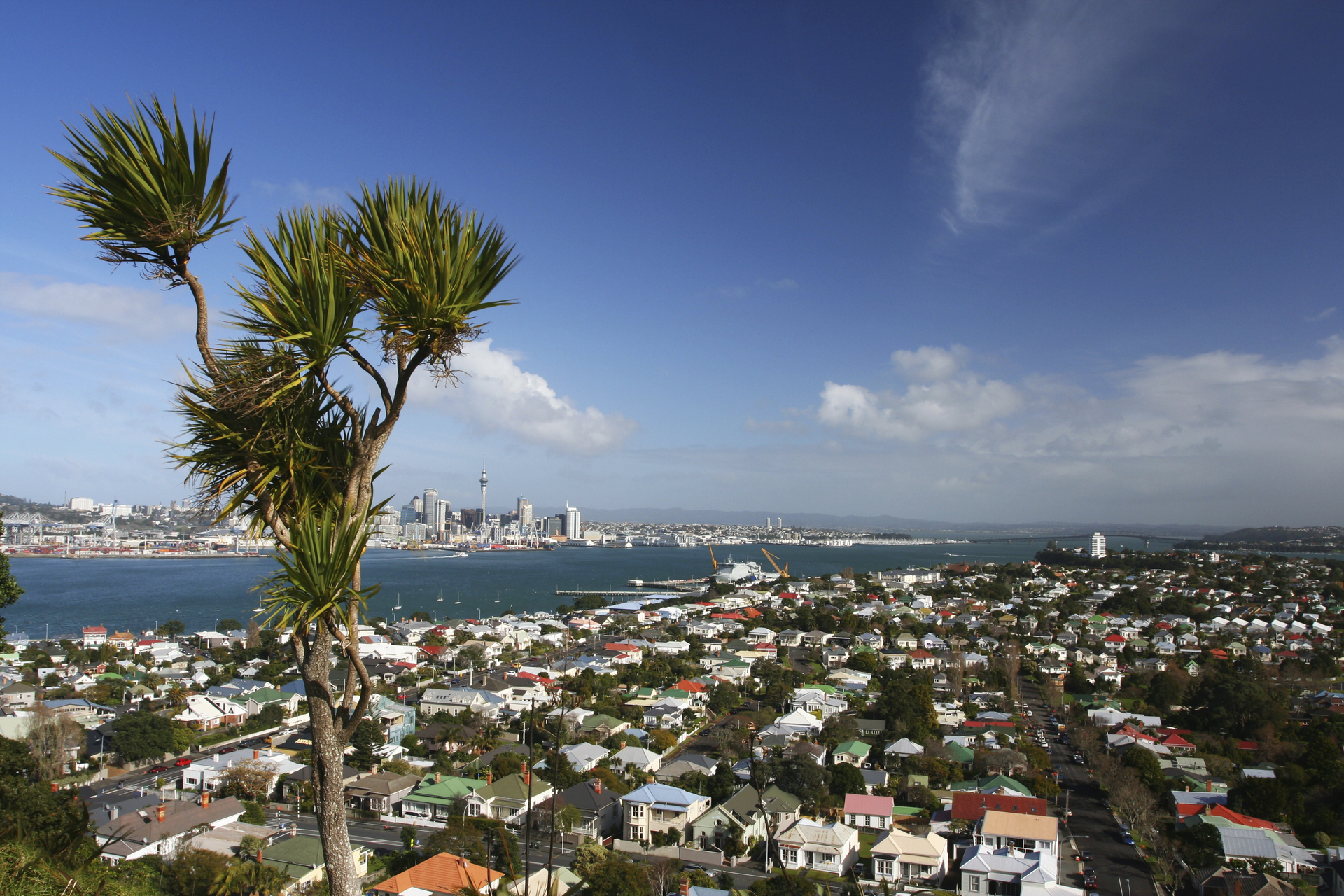The Effect of Cyclone Gabrielle on Auckland’s Rental Market

Council Issues Stickers on Buildings Affected
Succeeding the January floods and Cyclone Gabrielle, almost 7000 buildings across Auckland received a council-issued white, yellow, or red sticker, indicating the extent of damage and risk to human health.
Under this system of classification, white-stickered buildings have sustained light or no damage (although there is a possibility of unobserved damage). Yellow-stickered buildings have restrictions in place meaning that certain areas cannot be used except under supervision and in limited circumstances. This is because of the significant hazard posed by damage to those areas. The most severely impacted buildings have been labelled with a red sticker, meaning access is entirely restricted because it poses a significant risk to health or life. Tenants in these properties have been forced to move out, causing a sharp surge in demand for unstickered homes.
Although owners of white-stickered buildings can remove them after 21 days, prospective tenants may still have doubts as to the building’s safety. For peace of mind, hiring a property management professional to conduct due diligence is a great option for landlords and tenants who want the reassurance that the property is indeed safe to live in.
The Effect of The Cyclone on Rental Prices
Immediately following these two disastrous weather events, the rental market saw a significant surge in demand as thousands of flood-stricken tenants were desperate to find a new place to call home. With hundreds of prospective tenants turning up open homes, a 46% increase in demand meant Auckland’s rental market spiked to an all-time high of $630 per week in February 2023.
On the other side of the coin, landlords with red-stickered buildings found themselves faced with uninhabitable or semi-inhabitable properties and hefty remedial costs. On top of that, rental revenue came to an abrupt halt while they were still required by the council to pay their rates. Fortunately, the government made grants and subsidies available to some upon application.
Increased Demand for Certain Property Types
The North Shore and Albert-Eden-Puketāpapa Ward were the two worst affected areas in Auckland. These low-lying suburbs, combined with poor stormwater transport systems, exacerbated the risk of flooding when heavy rainfall hit. As higher-end suburbs like Remuera were impacted by the events, there has been an increase in demand for luxury rentals. The demand for pet-friendly and fully furnished properties has also increased in the wake of tenants being displaced from their homes.
The recent events have highlighted that houses sitting on higher ground are the least flood-prone, as water flows downhill into lower-lying areas. With the impacts of the flooding and cyclone are still fresh in people’s minds, this may become a significant factor that tenants consider when looking for a new place to call home, driving up the demand for such properties.
The Future of the Market
As we approach two months since Cyclone Gabrielle has dissipated, some buildings affected by the floods and cyclone have been remediated and tenants have found new homes. As a result, rental prices are expected to return to pre-cyclone levels. A year-on-year increase in the median rental price in Auckland is expected as expenses associated with investment properties are pushed significantly higher, driven by a steep rise in mortgage rates and inflation.
All in all…
While the increase in the median rental price in Auckland due to natural disasters is expected to be only temporary, there are other policy and market forces in play that may contribute to a long-term rise in rental prices. Interest rate increases coupled with rising expenses and tax deductibility laws are expected to be reflected in rental prices nationwide.
